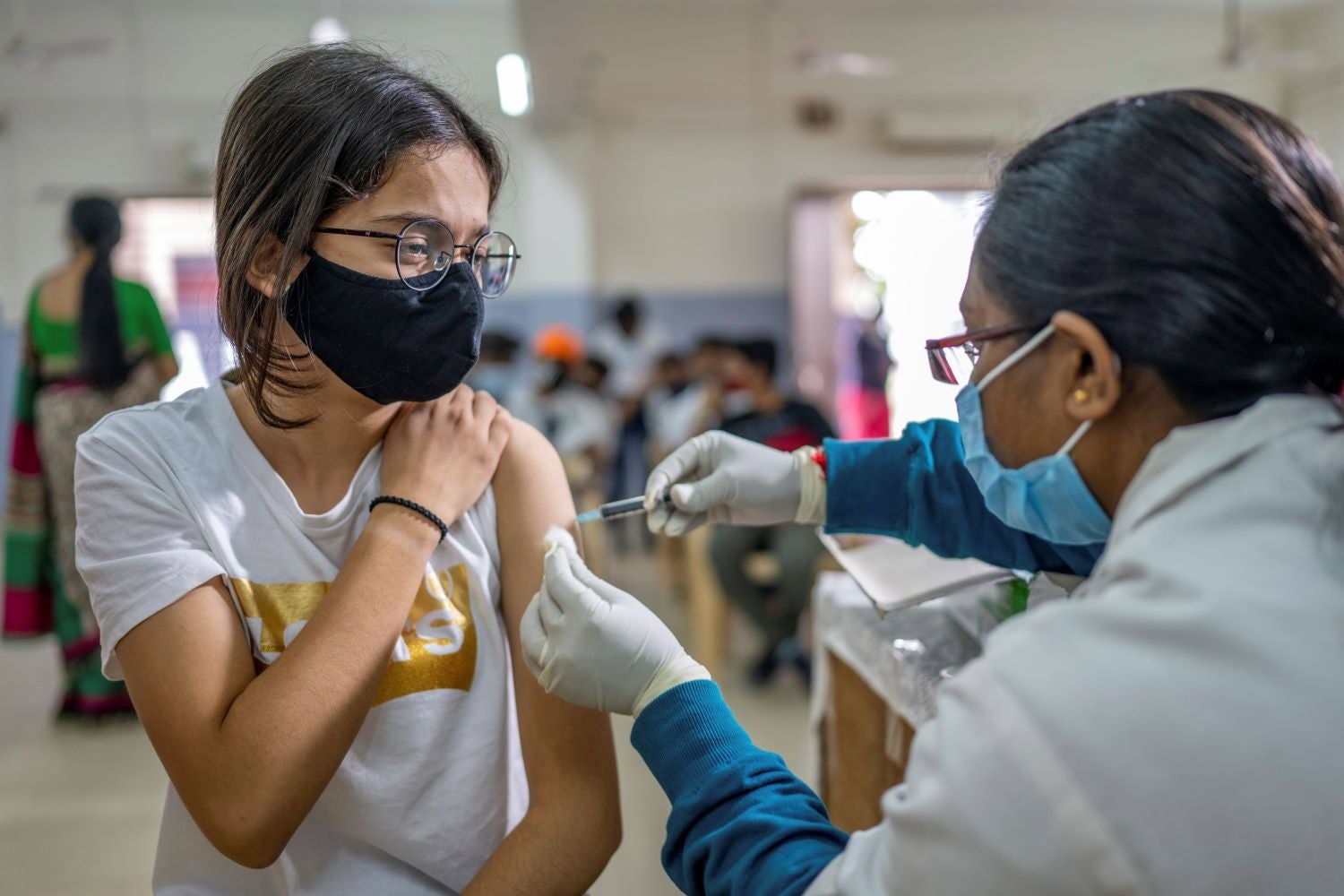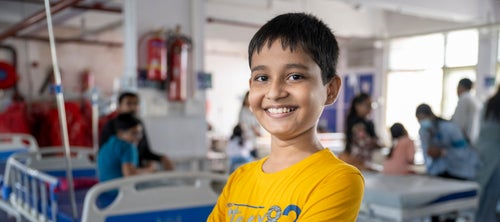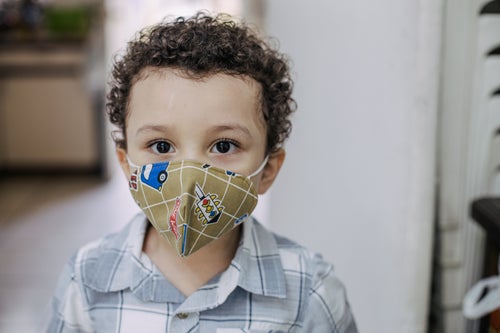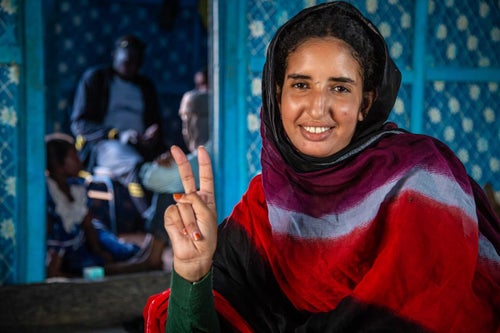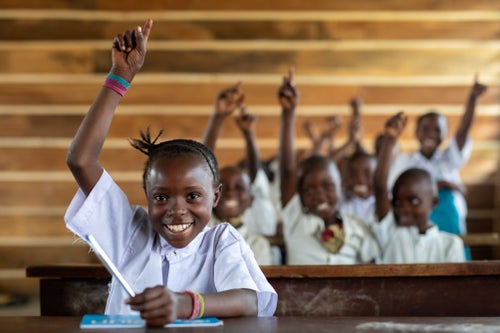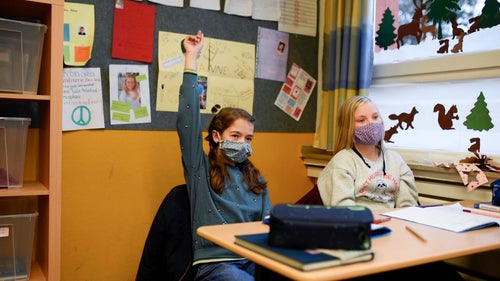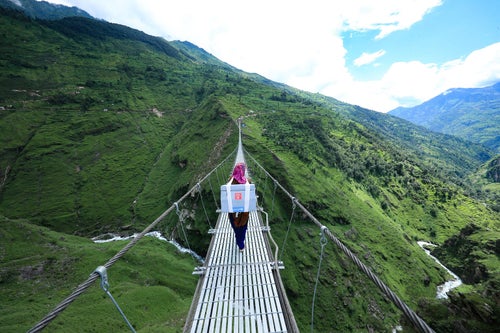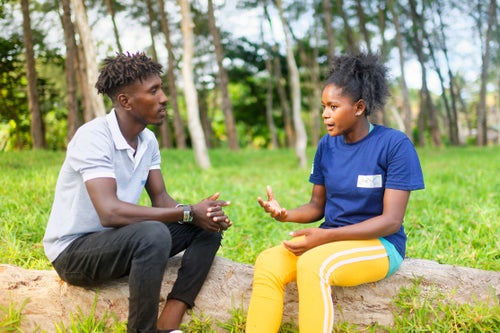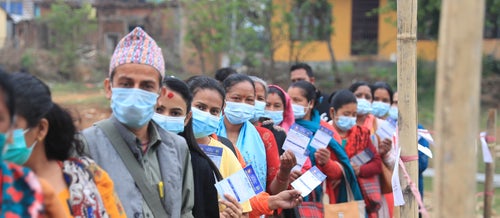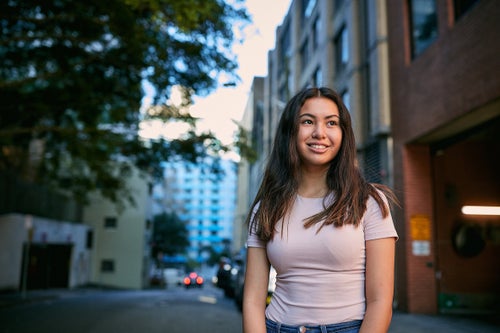Vaccination remains our best defence against the latest surge in COVID-19 cases fuelled by the Omicron variant. This is our vaccination guide for Australian families which is updated regularly with the latest information. Last updated: 10 January 2022.
Children may be less likely to get COVID-19 but they are still at risk of catching and spreading the disease. With children set to return to school in the coming weeks, vaccination will help make schools safer.
In Australia, the COVID-19 vaccination is currently free, safe and recommended for everyone aged 5 years and over. Now as children aged five to 11 are eligible for vaccination, you might have some questions. Here’s what you need to know.
Can my child get a COVID vaccine?
Yes! If your child is aged five and over in Australia, you can now book a COVID-19 vaccine through the Vaccine Clinic Finder.
On 5 December 2021, the Therapeutic Goods Administration (TGA) provisionally approved the Pfizer vaccine for children aged 5 to 11 years. Vaccinating children can help reduce community transmission and help prevent children passing the virus onto younger siblings, grandparents, and the wider community.
The paediatric vaccine dose approved by the TGA for children aged five to 11 is one-third of the size approved for people aged 12 and over.
If you are a parent, you may be asked to consent to your child being vaccinated. In some states and territories, older adolescents may be able to provide their own consent.
What are the side effects of the vaccine in children and young people?
Children may experience some side effects after vaccination, however symptoms in children are milder than for adults. Most side effects last no more than a couple of days and your child will recover without any problems. Common reactions to vaccination include:
- pain, redness and/or swelling where you received the needle
- mild fever
- headache
If you have any concerns about symptoms you can get more information here.
Remember to book a second appointment!
It is important that you or your child gets two doses of the vaccine as the second dose is likely to prolong the protection against COVID-19. Children aged five to 11 years should receive a second dose after eight weeks.
BOOK NOW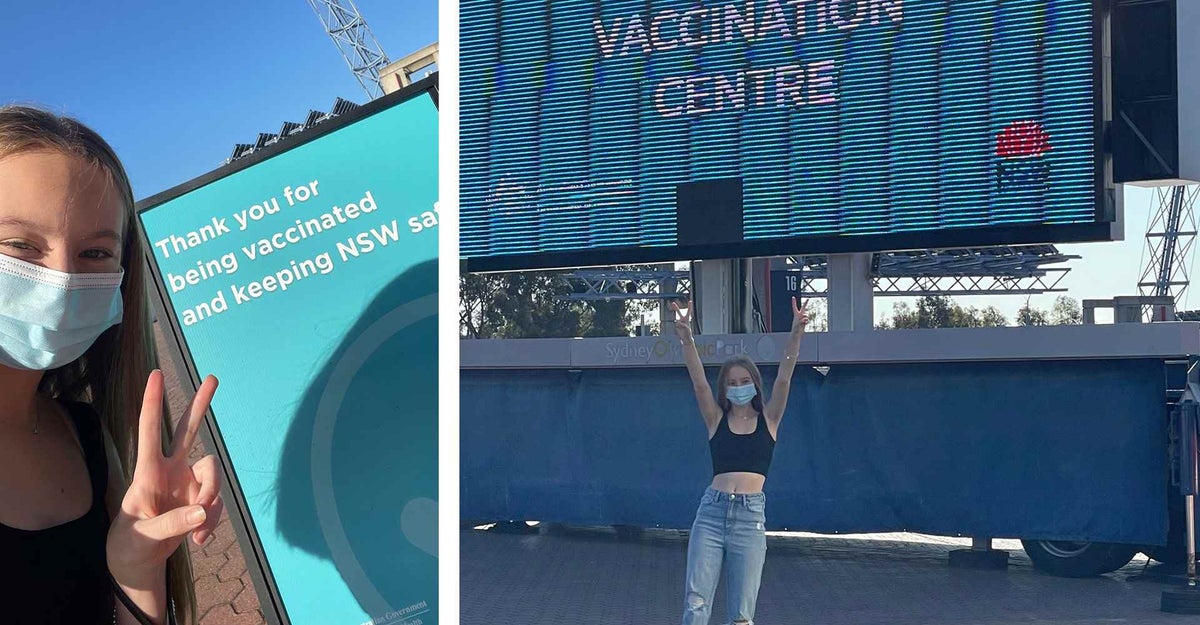
"My first big decision and so happy I have taken the first step in keeping myself, my family and my friends safe."
How do I talk to my child about the vaccine?
It’s natural for children to be curious and to have lots of questions about COVID-19 vaccinations – and maybe even fears. Here are some tips for speaking to children before and after they receive a vaccine.
- Stay up to date with the latest information and discuss any concerns or questions with your GP. Explain what you know in an age-appropriate way to your child.
- Start a conversation with your child and invite them to share what they have heard about COVID-19 vaccines. It’s important to listen to their responses and acknowledge any fears they have about being vaccinated.
- Remember children take emotional cues from adults, so oversharing fears may not be constructive and may make your child feel uncomfortable. Explain that your child will receive a needle in their arm, that they’ll feel a small prick and their arm might be a little bit sore afterwards.
- Reassure your child by telling them it’s normal for their arm to be a little bit sore, and it means the medicine is working.
I want my booster. What do I do?
A booster dose will make sure the protection from your first doses is even stronger and longer lasting, and should help prevent spread of the virus.
You can book your free booster shot if you are over 18 years and have had both doses of a COVID-19 vaccine at least four months ago. Find a clinic and book.
This includes:
- women who are pregnant
- severely immunocompromised people who received a third dose as part of their primary course at least four months ago.
ATAGI is not currently recommending booster doses for people aged under 18. Read ATAGI’s advice on COVID-19 booster doses.
You can also call the national Coronavirus and COVID-19 vaccine helpline on 1800 020 080 for details about which clinic to call but call centre staff are unable to book an appointment on your behalf.
Which vaccine is for me?
Pfizer is available to Australia aged five and over.
AstraZeneca is available if you are:
- 60 years old and over
- 18 to 59 years old – you can choose to have AstraZeneca after discussing with your health professional.
Moderna is available if you are 12 years old or over.
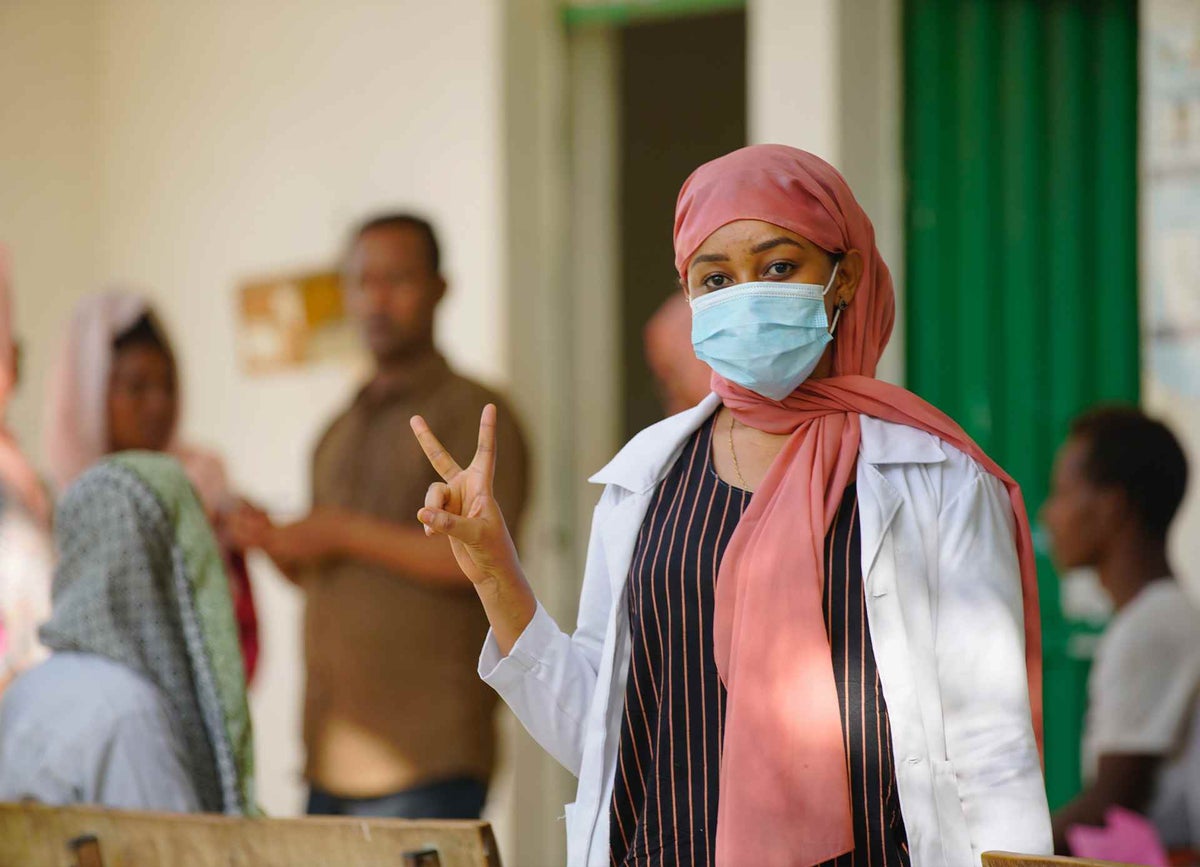
I’m breastfeeding/pregnant should I get the vaccine when I can?
Yes! Pfizer and Moderna vaccines are safe if you are pregnant, breastfeeding, or planning pregnancy. You can receive the vaccine at any stage of pregnancy.
COVID-19 is more dangerous for women who are pregnant. The best way to reduce your risk is to get vaccinated. For the latest information visit the Australian Department of Health website.
More information
- You can visit the Australian Department of Health website for more information about the vaccine.
- You can call the National Coronavirus and COVID-19 Vaccine Helpline on 1800 020 080.
- Talk your GP or healthcare professional
If you need information in a language other than English, call the Translating and Interpreting Service on 131 450. If you are deaf, or have a hearing or speech impairment, you can call the National Relay Service on 133 677.
If you’ve heard something about vaccines and you’re not sure whether it’s accurate, you can also read Is it true? – a dedicated section on the Department of Health’s website that provides factual answers to speculation about vaccines.
This article was written in partnership with the Australian Department of Health. It will continue to be updated to reflect the latest information.
Use the Vaccine Clinic Finder to book your vaccination today
BOOK NOWRelated articles
Stay up-to-date on UNICEF's work in Australia and around the world



